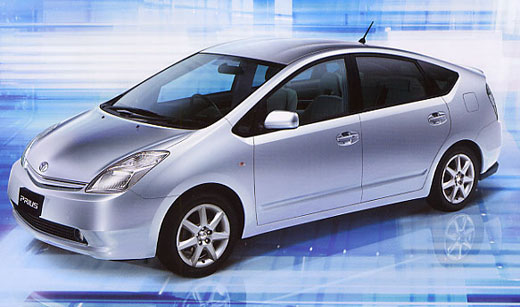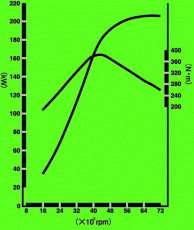Without radical action, the end could be near
I am starting to wonder if the problems that Ford and Holden are facing in this country with their large cars – the Falcon and the Commodore – are going to be possible to remedy.
Holden is now talking a whole range of environmental and fuel-efficiency measures – from E85 compatibility to reducing weight – and Ford, despite having just released a brand new model, has already made public the next engine option, a diesel.
As I have written previously, both companies have only themselves to blame for their current woes – they were happy completely ignoring the changing marketplace and blindly heading down an ever-increasingly irrelevant path. It’s obvious they expected the market to change to suit them, rather than build cars that suited the buying public. That applies especially to Ford, a company that with the FG Falcon, had years more time to prepare for the changing times than Holden had with the VE Commodore.
But what makes me think that they may have lost it big-time is what I am seeing more and more: Holden and Ford are rapidly losing their loyal long-term potential car-buyers.
Now, self-evidently, they have lost some of these already; otherwise Ford wouldn’t be sacking production workers and releasing a market-special FG seemingly only minutes after the new Falcon was released; and Holden Commodores wouldn’t be being outsold (let’s talk private buyers) by a helluva lot more than just a couple of other car models.
- » Continue reading or Comments (25)

 Julian Edgar, 50, has been writing about car modification and automotive technology for nearly 25 years. He has owned cars with two, three, four, five, six and eight cylinders; single turbo, twin turbo, supercharged, diesel and hybrid electric drivelines. He lists his transport interests as turbocharging, aerodynamics, suspension design and human-powered vehicles.
Julian Edgar, 50, has been writing about car modification and automotive technology for nearly 25 years. He has owned cars with two, three, four, five, six and eight cylinders; single turbo, twin turbo, supercharged, diesel and hybrid electric drivelines. He lists his transport interests as turbocharging, aerodynamics, suspension design and human-powered vehicles.


